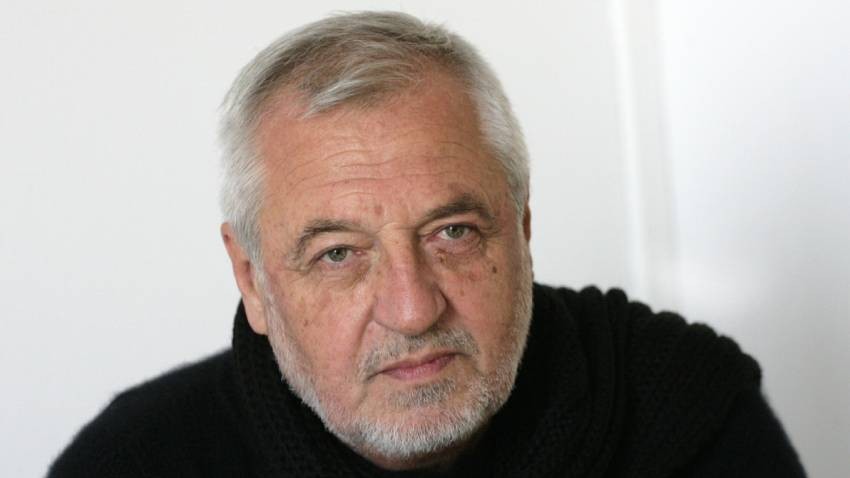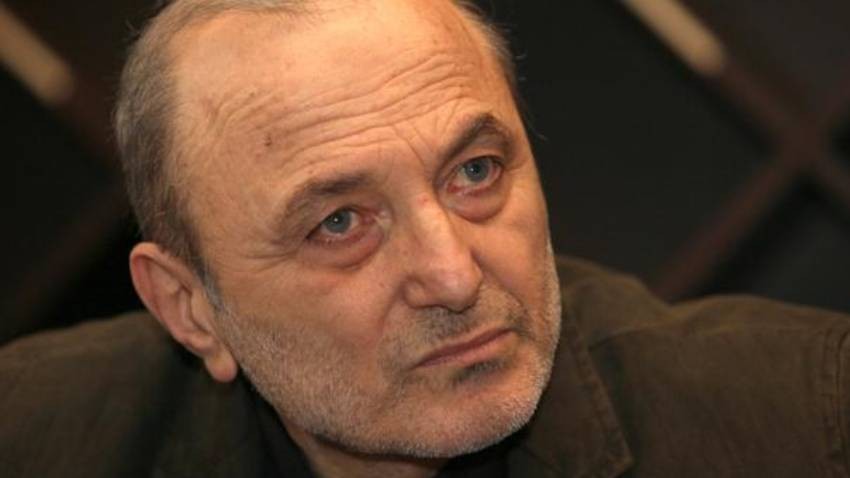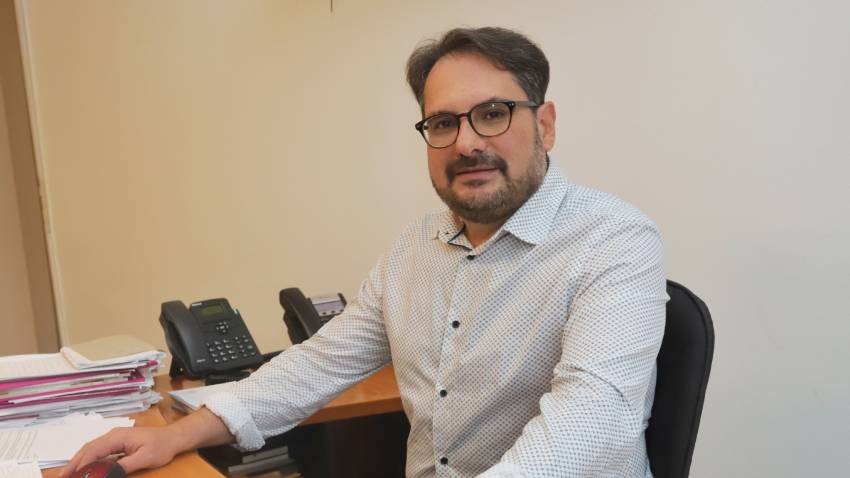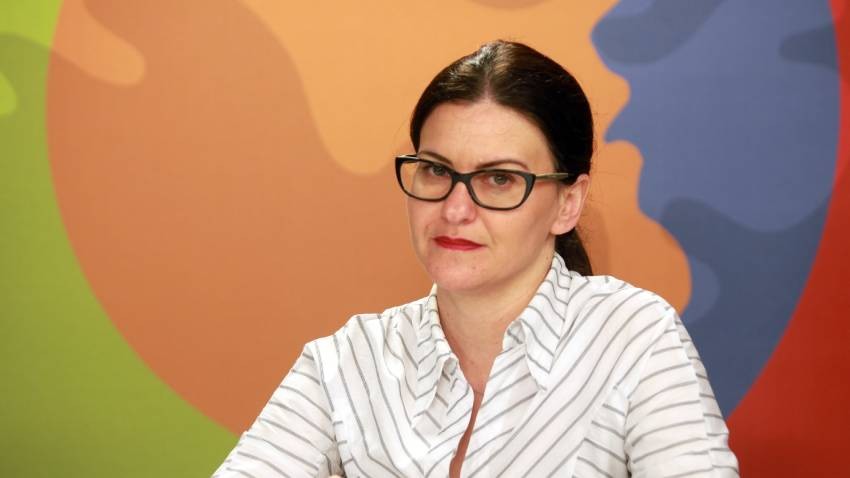




President Rumen Radev handed over the second exploratory mandate to form a government to the second largest parliamentary group in the 50th National Assembly - "We Continue the Change" - "Democratic Bulgaria" coalition (PP-DB). At the handing..
Parliament's political forces reacted with a strong dose of scepticism to the eccentric proposal by "We Continue the Change - Democratic Bulgaria" for Bulgaria's president Rumen Radev to delay handing over the second exploratory mandate for three months...
Greece introduces six-day working week for some businesses Greece has introduced a six-day working week for some industries in a bid to boost productivity and employment. The regulation, which went into effect on July..
From today, 27 September, Bulgaria is once again in a 30-day election campaign. 28 parties and 11 coalitions have registered with the Central..
Albania to start substantive EU accession negotiations on 15 October The EU's permanent representatives in Brussels have unanimously decided to open..

+359 2 9336 661
